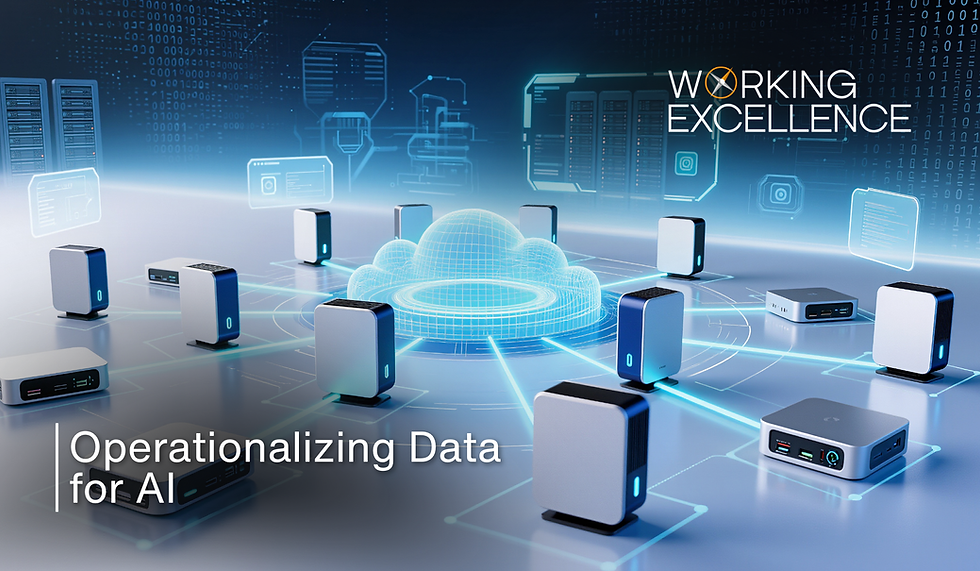California Enacts Additional Generative AI Bills Touching on Training Data
- Jerry Garcia

- Oct 2, 2024
- 2 min read
Updated: Jan 17, 2025
California has taken significant steps in regulating generative AI by enacting a series of new bills aimed at enhancing transparency and safety in AI development. Among these, AB 2013 stands out, requiring developers to disclose detailed information about the datasets used to train their AI systems by January 1, 2026.
Key Takeaways
California Governor Gavin Newsom vetoed the controversial SB 1047 but signed 17 other bills related to generative AI.
AB 2013 mandates developers to provide a high-level summary of training datasets.
Other bills address issues like AI in healthcare, personal information, and consumer rights.
Overview of AB 2013
AB 2013 requires developers of generative AI systems released after January 1, 2022, to publicly disclose a summary of the datasets used for training. This summary must include:
Sources or Owners of the Datasets: Identifying where the data originated.
Number of Data Points: A general count and description of the types of data included.
Intellectual Property: Clarification on whether the datasets contain any protected data.
Data Acquisition: Information on whether the datasets were purchased or licensed.
Personal Information: Disclosure of any personal or aggregate consumer data as defined under the California Consumer Privacy Act (CCPA).
Data Processing: Details on any cleaning or modifications made to the datasets.
Data Collection Period: The timeframe during which the data was collected.
Synthetic Data: Indication of whether synthetic data generation was used in the development process.
This law aims to enhance transparency in AI development, especially as concerns grow over the ethical implications of using unverified data.
Implications for AI Developers
The enactment of AB 2013 and other related bills signifies a shift towards greater accountability in the AI sector. Developers will need to:
Review Data Practices: Ensure compliance with the new disclosure requirements.
Enhance Transparency: Be prepared to share information that may have previously been considered proprietary.
Mitigate Legal Risks: Address ongoing litigation related to copyright and privacy issues by being more forthcoming about data sources.
Other Notable AI Bills Signed
In addition to AB 2013, several other bills have been signed into law, including:
AB 1008: Clarifies that personal information can exist in various formats, including those generated by AI systems.
SB 1120: Requires health care providers using AI for coverage decisions to ensure fair application of AI tools.
AB 3030: Mandates that any AI-generated patient communications include disclaimers informing patients of AI involvement.
Conclusion
California's recent legislative actions reflect a growing recognition of the need for regulation in the rapidly evolving field of generative AI. By mandating transparency and accountability, these laws aim to protect consumers and ensure ethical practices in AI development. As the landscape continues to change, developers will need to adapt to these new requirements to remain compliant and responsible in their use of AI technologies.
Sources
California Governor Enacts Generative AI Safety Bill SB1047, The National Law Review.



